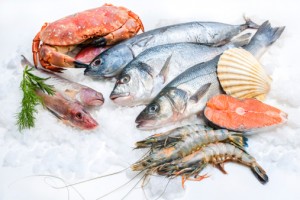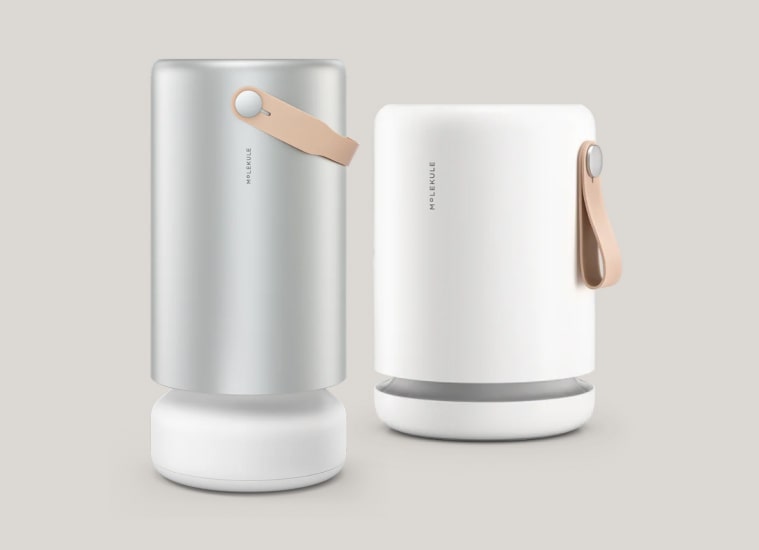The Real Facts About Seafood Allergies
Learn to distinguish between myths and facts about seafood allergies.
 Fish and shellfish are among the top 8 most common triggers for food allergy sufferers. Considering that a food allergy can be a quite serious condition, with the potential to result in swelling of the lips, tongue, and throat, trouble breathing, and even anaphylactic shock, naturally you want to be very careful.
Fish and shellfish are among the top 8 most common triggers for food allergy sufferers. Considering that a food allergy can be a quite serious condition, with the potential to result in swelling of the lips, tongue, and throat, trouble breathing, and even anaphylactic shock, naturally you want to be very careful.
But before you decide to avoid all ingredients even remotely related to fish or shellfish, take a moment to consider these facts:
Seafood Allergens Include Fish and Shellfish: A variety of different seafoods contain proteins that can trigger allergic reactions. The most common triggers include salmon, tuna, catfish, shrimp, crab, and lobster.
Seafood Allergies Develop Late: With most food allergies, sensitivity is first seen in childhood and often fades as the child grows up. Seafood allergies typically work the opposite way: 40 percent of fish allergies and 60 percent of shellfish allergies begin in adulthood. Seafood allergies are most commonly found in adults aged 40 to 60.
Visiting a Seafood Restaurant Can Be Dangerous: Some individuals can experience an allergic reaction simply by touching fish or by inhaling the steam from cooking seafood. Additionally, there is the risk of cross contamination in a restaurant, where your food may be cooked in the same fryer as seafood or touched with a utensil that has been used to handle seafood. If you have had a severe reaction to fish or shellfish or you have reason to believe you are especially sensitive to these allergens, you should probably avoid eating at seafood restaurants or being near cooking seafood.
There is No Link Between Seafood Allergy and Iodine Allergy: For many years there has been an idea that there is some kind of association between seafood allergies and iodine allergies. A recent study disproved this idea, showing that you do not need to avoid iodine just because you have a seafood allergy.
You Can Take Glucosamine: The supplement glucosamine is made from the shells of marine critters, but it does not contain any of the proteins that cause seafood allergy. This means that you can take glucosamine for joint health even if you have had an allergic reaction to fish or shellfish.
You Can Eat Carrageenan: Some people have gotten the idea that the additive carrageenan can trigger seafood allergies. In reality, this ingredient is made from algae and it is safe for you to consume even if you have a fish or shellfish allergy.
You Must Read Labels: Many different food products, as well as some medications and even cosmetics may contain seafood products. It is important to check labels to help prevent accidental exposure. Your allergy doctor can help educate you about which ingredients to watch out for.




